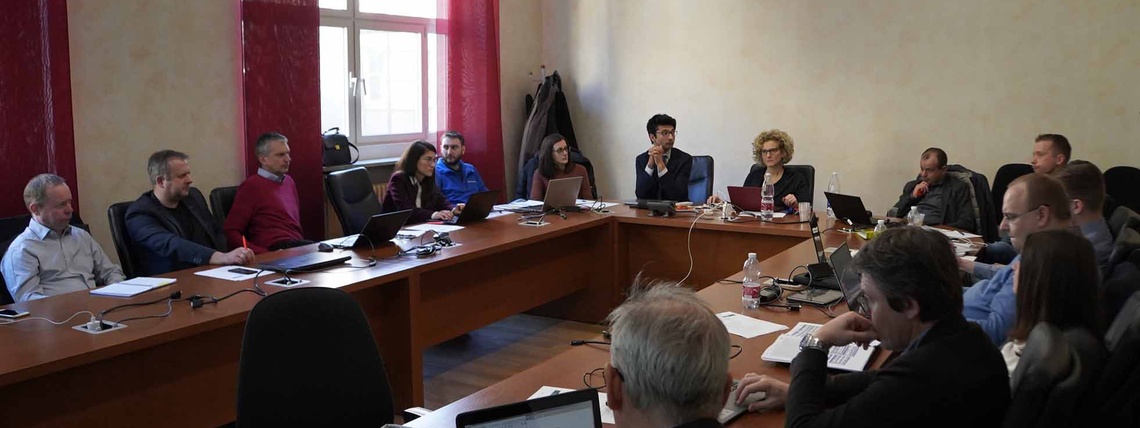The articles of the current edition are available on the new site.

Landfill refuse, organic waste and sewage sludge will be used to produce hydrogen: the project BioRoburplus supported by the European Union’s Horizon 2020 Research and Innovation program is developing a fuel processor able to produce pure hydrogen from biogas. The hydrogen obtained in this way will successively be used to produce electric energy by using fuel cells.
The oxidative steam reforming of biogas at the core of the project can be divided into four fundamental steps: the first one is the gas synthesis production (hydrogen, carbon oxide, carbon dioxide, water), taking place in a reactor based on structured cellular ceramic materials coated with stable and easily recyclable catalysts, with low content of noble metals and with enhanced resistance to deactivation by carbon deposition. The second step is the flue-gas purification to remove secondary syngas compounds, obtaining pure hydrogen. The third is the heat generation through the combustion of these secondary syngas compounds . At last, the heat produced is used for the steam generation necessary to feed the reforming reactor.
The project is aimed at demonstrating the economic feasibility of hydrogen production, in order to support the integration of renewable energy sources into the energy systems at distributed level, so developing sustainable technologies dedicated to a decentralized market. The final objective is to ensure the supply of clean, safe and reliable energy, in a competitive economic environment, contributing to reduce the effects of climate change and pollution and addressing the persistent issue of oil reserves depletion at the same time.
“The two days meeting has been fundamental for project advancement. We are currently entering the phase of building the demonstrator plant. We evaluated all potential risks and find possible solutions to all of them, in order to avoid problems and delays”, says Debora Fino, project coordinator and professor at the Department of Applied Science and Technology of Politecnico di Torino.